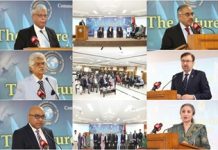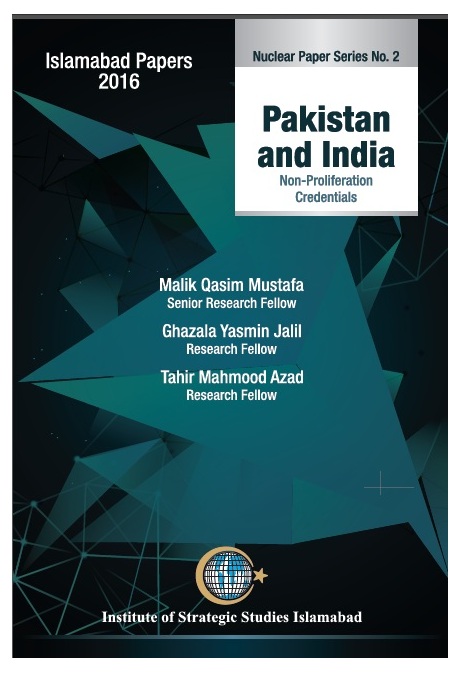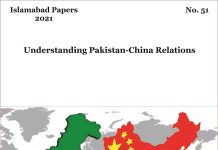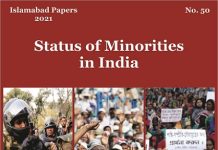Executive Summary
Pakistan is a responsible nuclear weapons state. It has always supported the use of nuclear technology for peaceful purposes. Pakistan has joined efforts to strengthen international nuclear non-proliferation regime and has put forward proposals ranging from a strategic restraint regime comprising nuclear and missile restraint, conventional balance and conflict resolution to nuclear weapons free zones to a regional test ban treaty. However, India has rejected all these efforts and has always tried to jeopardise regional peace and stability by nuclear and conventional build-up. India has destabilised strategic deterrence by its threatening postures and aggressive policies. Pakistan opposed the introduction of nuclear weapons in South Asia, but was compelled to acquire them to defend itself once India had tested weapons and nuclearised the region. Pakistan still opposes an open-ended nuclear arms race in the region and believes in maintaining a strategic balance. Pakistan has always assured the international community that it acquired its nuclear weapons capability only to address its security challenges. It has developed this capability to safeguard its sovereignty and territorial integrity vis-à-vis India.
Pakistan’s interest in peaceful nuclear technology dates back to the age of “Atoms for Peace,” but now this interest has become a necessity and a top priority to meet the challenges of energy security for economic development and prosperity. Pakistan’s nuclear energy goal of producing 40,000 MW by 2050 stems from its growing energy demands. Pakistan cannot attain this objective alone in this time frame. It requires a non-discriminatory and supportive international environment, specifically through a uniform criteria-based approach for its entry into the Nuclear Suppliers Group (NSG). Like other nations, who aspire to enhance or develop their peaceful nuclear programmes, Pakistan wants to participate in the NSG with an assurance to promote principles of international nuclear non-proliferation regime.Claiming that it has a spotless non-proliferation record, India has demanded that it should be included in the nuclear mainstream countries and also made formal part of the NSG. However, a closer examination reveals that India’s non-proliferation record is far from exemplary. The most glaring example of its proliferation activity is the 1974 nuclear explosion, for which India diverted nuclear fuel from Canadian reactors, supplied for peaceful purposes, to conduct its nuclear test. As such, India became the first country to divert peaceful nuclear resources towards weapons use. Interestingly, the NSG was created in the wake of this explosion specifically aimed at preventing the diversion of civil nuclear technology for military purposes in future. India has also proliferated by indulging in illicit procurement of dual-use nuclear items, by leaking centrifuge know-how, and by running a poorly implemented national export control regime. The safety and security of India’s nuclear installations
Claiming that it has a spotless non-proliferation record, India has demanded that it should be included in the nuclear mainstream countries and also made formal part of the NSG. However, a closer examination reveals that India’s non-proliferation record is far from exemplary. The most glaring example of its proliferation activity is the 1974 nuclear explosion, for which India diverted nuclear fuel from Canadian reactors, supplied for peaceful purposes, to conduct its nuclear test. As such, India became the first country to divert peaceful nuclear resources towards weapons use. Interestingly, the NSG was created in the wake of this explosion specifically aimed at preventing the diversion of civil nuclear technology for military purposes in future. India has also proliferated by indulging in illicit procurement of dual-use nuclear items, by leaking centrifuge know-how, and by running a poorly implemented national export control regime. The safety and security of India’s nuclear installations is also questionable because there are many reported instances of nuclear thefts and security breaches. With the US and other countries ready to enhance civil nuclear cooperation with India, the safety and security of its nuclear installations is a matter of great concern and urgency, as secure facilities and assets could lead to greater onward proliferation or nuclear terrorism. India’s non-proliferation record is, thereby, far from unblemished, as it claims, as it has a long list of documented breaches.















